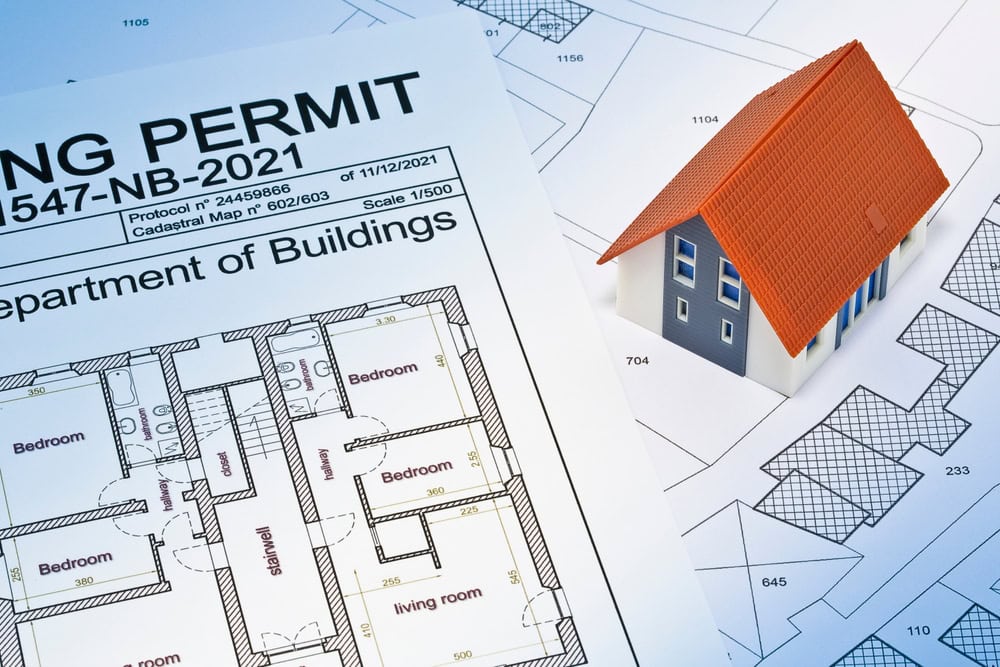For the Contractors Asking “Do I Need College?”
One of the most attractive things about pursuing a career in construction is that you do not need a college degree to break in – not many of us contractors are “classroom” people, right? But after spending a little time in the construction industry, you might start to notice how a college education can benefit … Read more










